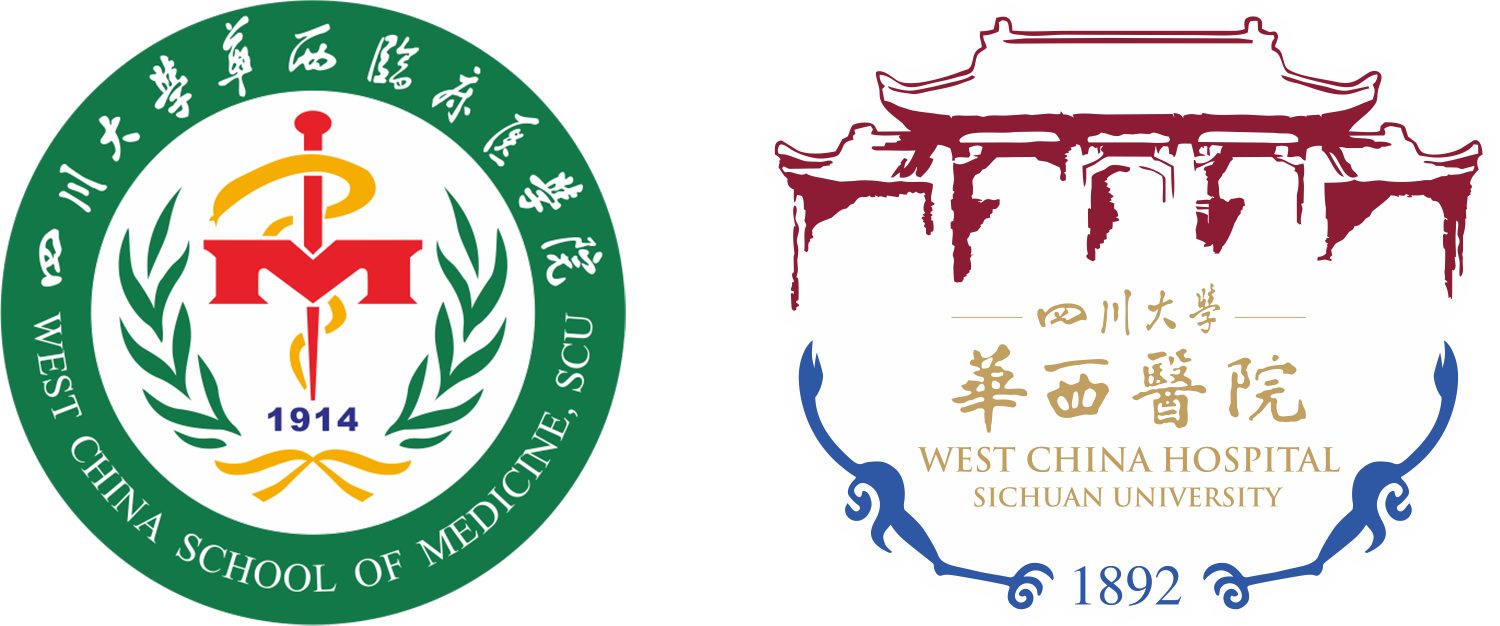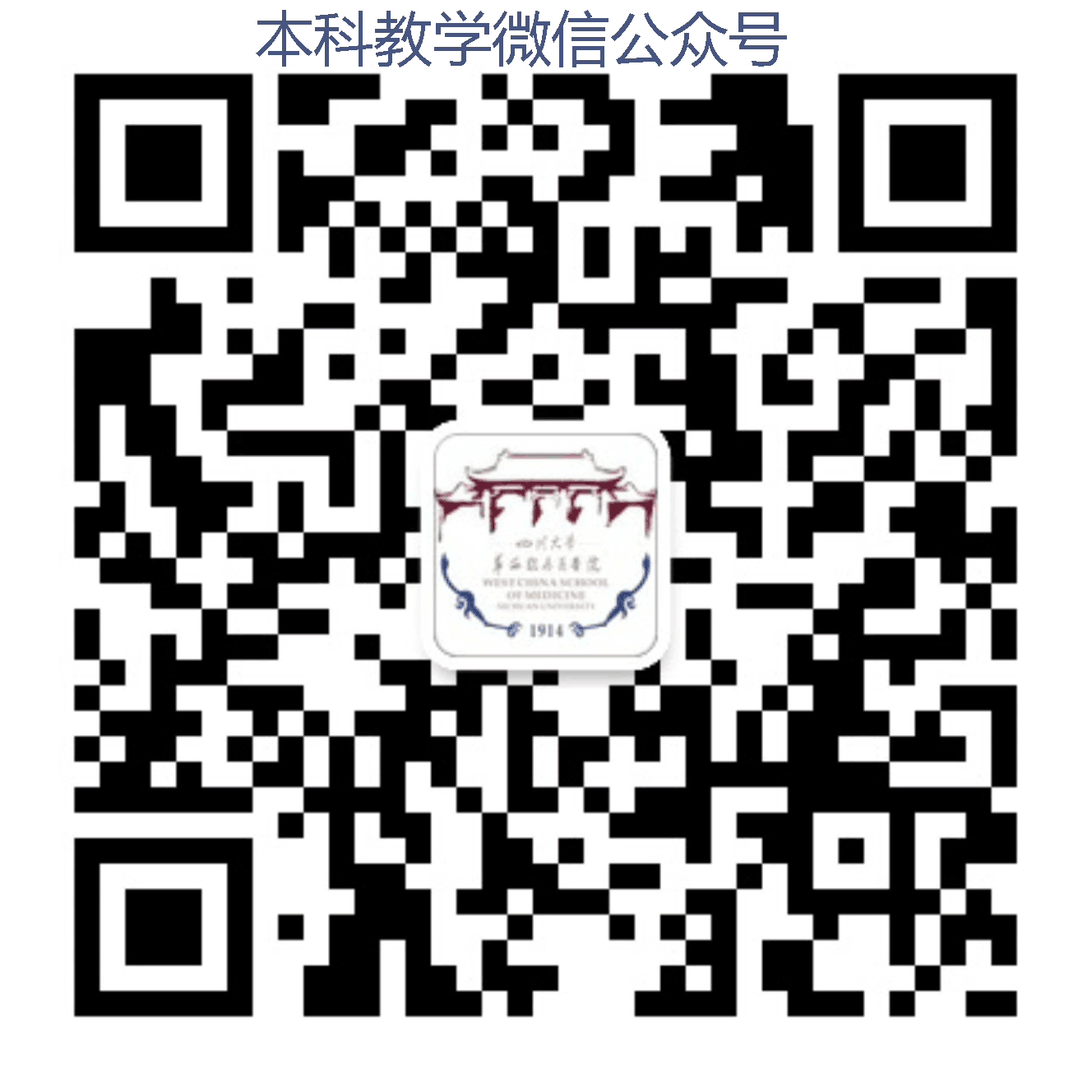
I attended the 3-week Clinical Psychology course at Harvard Summer School 2024. Although the program has ended, the lessons and impactful moments continue to resonate with me.
Key Takeaways from the Clinical Psychology Course
The 3-week course I attended was very different from our domestic classes.
Course Format: Knowledge-Focused → Conversation-Led/Problem-Based
The most striking change was the course format. Instead of being knowledge-focused, it was conversation-led and problem-based. While we did have assigned topics for each day, the emphasis was on discussion rather than traditional lecturing. We were encouraged to actively engage in conversations, share personal experiences, and express our opinions freely. You can imagine a scene where a debate spontaneously emerges after a case study is presented, or a classmate shares a story about a patient he encountered, which helps to broaden everyone’s perspective. This open and interactive style made the course both enjoyable and thought-provoking.
Course Content: Thick Textbooks → A Wide Spectrum of Readings
As I mentioned, the course was not centered on textbooks. Initially, I expected we would focus on the mechanisms of mental illnesses and their clinical aspects in this clinical psychology class. However, much of the time was spent discussing broader topics, such as science, pseudoscience, and cognitive biases. At first, I was puzzled by the readings, which were heavily science-based, so I reached out to the teaching assistant for clarification. He explained that the goal wasn’t to provide textbook knowledge that we could easily memorize, but rather to offer material that would encourage deeper thinking and reflection. From that point on, I embraced the course’s approach, and my understanding of science transformed. I realized that scientific thinking isn’t something you are born with; it’s a skill that must be developed—one that involves overcoming biases and thinking critically and persistently.

The course assessments were flexible and aligned with this approach. We had daily response papers, a forward-looking plan, and an open-book final exam. What I appreciated most was the emphasis on collaboration over competition. We were encouraged to present our own viewpoints and express our ideas freely. This principle was consistently reinforced throughout the course.

One important piece of advice I would offer here is that when selecting a course, always read the class syllabus carefully. I found every course presented to us is quite valuable, but it’s essential to choose a course that aligns with your personal goals and academic needs.
Time Schedule: Intense, but Manageable
On the first day, we were told that study should be our main focus during our stay at Harvard. We had 12 classes, each lasting 3 hours, and 4 courses for 1 week, but the workload should not be underestimated. Personally, I spent an additional 6-7 hours each day completing the readings, often skipping meals or afternoon naps. For non-native English speakers, this can be even more challenging. If you want to read and understand every paper in detail, sleeping might not always be an option. I would just say it is not impossible. Time management is crucial, so be prepared for a demanding schedule.
A Welcoming and Supportive Environment
I must admit that I had difficulty understanding about 30% of what the teachers and students said, but I never stopped making an effort to participate in conversations. This was made easier by the incredibly supportive and friendly environment. I’ve never felt so welcomed in an academic setting. Everyone, whether a teacher or a peer, was eager to listen, offer feedback, and help. Even when I struggled to express myself or asked simple questions, they were still patient and encouraging.

Thus, I took full advantage of every opportunity to engage—attending office hours, social meals, round-table discussions, student writing workshops, and career counseling. By the end of the program, I found myself having enriching conversations with classmates, regardless of my level of English proficiency. My advice to anyone attending: be proactive. The more you engage, the more you will get out of the experience.
About the arrangement
Honestly speaking, the Harvard Summer School (HSS) event was excellently arranged by the Department of Continuing Education (DCE). As the first group of students from Sichuan University to be admitted to HSS as representatives of China, we were welcomed with warmth and care. From the moment we submitted our applications, Kathleen, Tom, and the entire HSS team involved were always ready to lend a helping hand. We were well taken care of throughout the entire experience. From the DCE lunch to wonderful events like whale watching, hiking, and the sand sculpture festival, we shared many memorable moments together, especially during the charming mild season in Boston. This wasn’t possible without the consistent and thoughtful efforts of the HSS team.
We also had the privilege of meeting outstanding friends from all around the world. The diverse backgrounds, nationalities, and professions of the participants brought a vibrant energy to the program. In our class, learning from a graduate student, a mental coach, or a film producer gave me valuable insights. Outside the classroom, casual conversations with a high school student helped me address some of my own uncertainties about my future career.
Although last year, due to time constraints, we found clinical medicine-related courses to be somewhat limited, I still highly recommend exploring more subjects. During the 3-week program, I saw how enjoyable it was for a friend of mine who was taking the “Creativity” course and how interesting it was for others to do fieldwork in the "Resilient Community" course. I believe it’s incredibly valuable to step outside your comfort zone and engage openly with people from different backgrounds, which is, in my opinion, one of the main goals of the event.
What I am sharing now may be a very personal and small part of the charm of Harvard summer school, little charm of Harvard campus and little charm of the beautiful people there. I am more than pleased to see what your feelings and thoughts will be after you really have a taste of it. I sincerely hope that this collaboration continues to thrive and that our outstanding students will play a key role in uniting different groups and fostering cross-cultural academic communication.
——曹颖,华西临床医学院2022级

本科教学公众号

华西微家本科教学